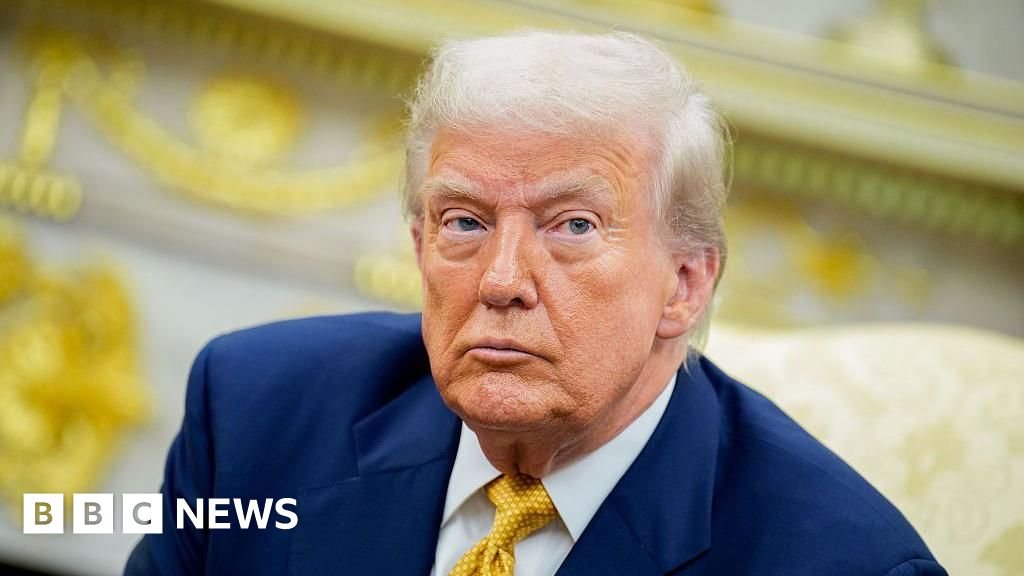US court rules many of Trump’s global tariffs are illegal

A US appeals court has ruled that most tariffs issued by US President Donald Trump are illegal, setting up a potential legal showdown that could upend his foreign policy agenda.
The ruling affects Trump’s “reciprocal” tariffs, imposed on most countries around the world, as well as other tariffs slapped on China, Mexico and Canada.
In a 7-4 decision, the US Court of Appeals for the Federal Circuit rejected Trump’s argument that the tariffs were permitted under an emergency economic powers act, calling them “invalid as contrary to law”.
The ruling will not take effect until 14 October to give the administration time to ask the Supreme Court to take up the case.
Trump criticised the court and its ruling on Truth Social, saying: “If allowed to stand, this Decision would literally destroy the United States of America.”
“Today a Highly Partisan Appeals Court incorrectly said that our Tariffs should be removed, but they know the United States of America will win in the end,” he wrote.
“If these Tariffs ever went away, it would be a total disaster for the Country. It would make us financially weak, and we have to be strong.”
He added that other countries have imposed tariffs on the US, and predicted that the decision would be overturned by the Supreme Court.
Trump had justified the tariffs under the International Emergency Economic Powers Act (IEEPA), which gives the president the power to act against “unusual and extraordinary” threats.
Trump has declared a national emergency on trade, arguing that a trade imbalance is harmful to US national security. But the court ruled that imposing tariffs is not within the president’s mandate, and that they are “a core Congressional power”.
In its judgement, the US Court of Appeals for the Federal Circuit rejected Trump’s argument that the tariffs were permitted under his emergency economic powers, calling the levies “invalid as contrary to law”.
The 127-page ruling says that the IEEPA “neither mentions tariffs (or any of its synonyms) nor has procedural safeguards that contain clear limits on the President’s power to impose tariffs”.
The power to impose taxes and tariffs therefore continues to belong to Congress, the court ruled, and the IEEPA does not override this.
The court wrote that it is unlikely that when Congress passed the law in 1977, it was intended to “depart from its past practice and grant the President unlimited authority to impose tariffs”.
“Whenever Congress intends to delegate to the President the authority to impose tariffs, it does so explicitly, either by using unequivocal terms like tariff and duty, or via an overall structure which makes clear that Congress is referring to tariffs,” the judges wrote.
The ruling comes in response to two lawsuits filed by small businesses and a coalition of US states.
The lawsuits were filed after Trump’s executive orders in May, which imposed a 10% tariff on every country in the world, as well as “reciprocal” tariffs on dozen of countries. Trump declared the date to be America’s “liberation day” from unfair trade policies.
In addition to those tariffs, the ruling also strikes down tariffs on Canada, Mexico and China, which Trump argues are necessary to stop the importation of drugs and illegal migrants.
The ruling on Friday does not apply to other tariffs, like those imposed on steel and aluminium, which were imposed under a different presidential authority.
In May, the New York-based Court of International Trade declared the tariffs were unlawful. That decision was put on hold for the
Discover more from News Hub
Subscribe to get the latest posts sent to your email.







